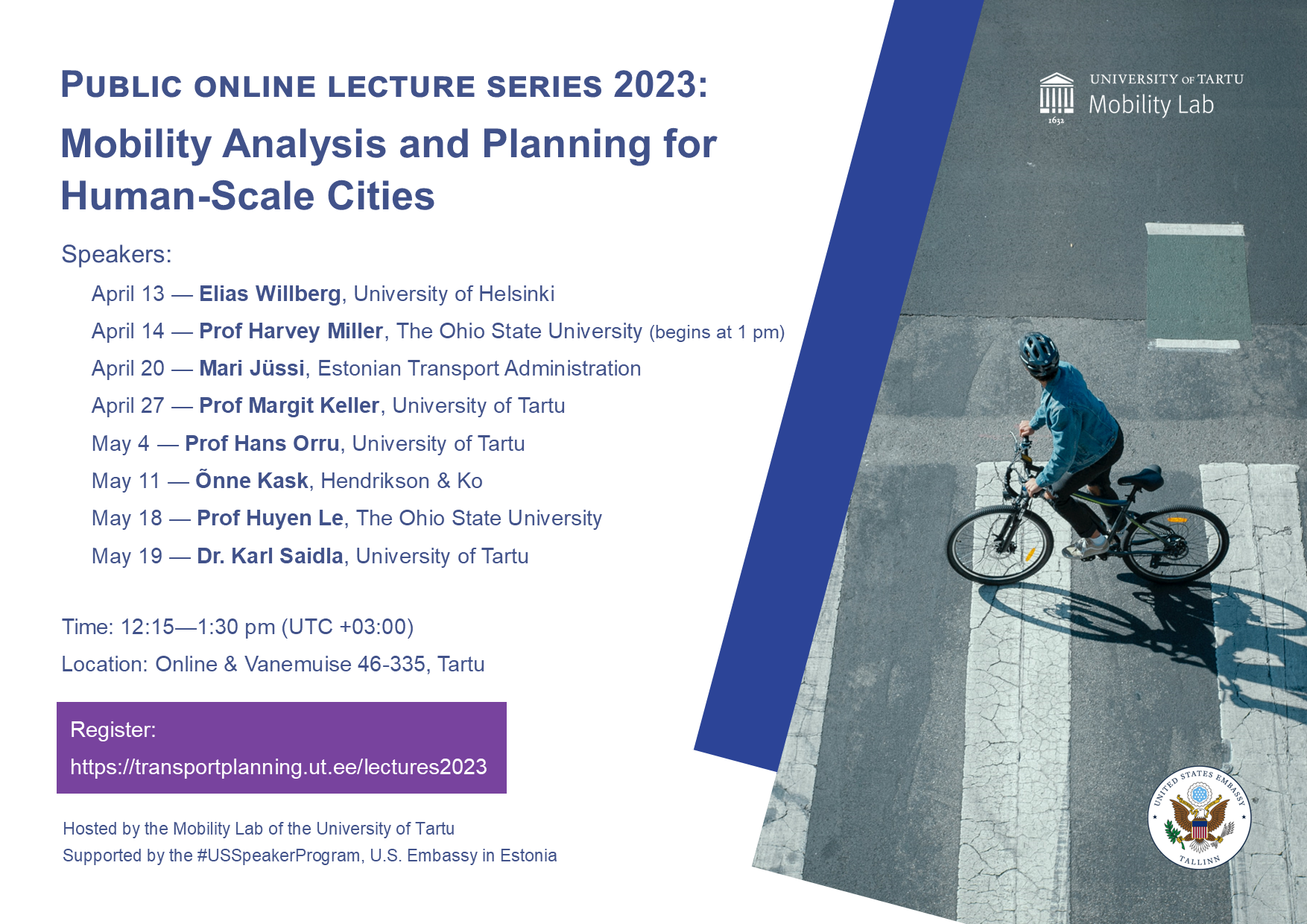Lectures 2023
Public online lecture series “Mobility analysis and planning for human-scale cities”
The lecture series, arranged by the Mobility Lab, University of Tartu, features experts and leading scholars in the field of mobility and transport from Estonia and beyond. The lecture series seeks to answer the question of how to promote human-scale, sustainable, and just cities through mobility analysis and transport planning. The lectures address transport policy, social transitions towards sustainable mobility systems, the social, environmental and health aspects of mobility and transport, accessibility concept, travel modes and their integration, and novel data and methods in mobility analysis and transport planning.
Check the schedule of the lectures below.
The lecture series is part of the graduate-level course “Mobility Analysis for Planning” in the Geography study programme at the University of Tartu. Therefore, some of the lectures are held in Estonian.
The lecture by Prof. Harvey Miller is part of the U.S. Speaker Program, arranged in partnership with the U.S. Embassy in Estonia.
More information: Age Poom (age.poom [@] ut.ee), Siiri Silm (siiri.silm [@] ut.ee)
Mobility Lab of the University of Tartu

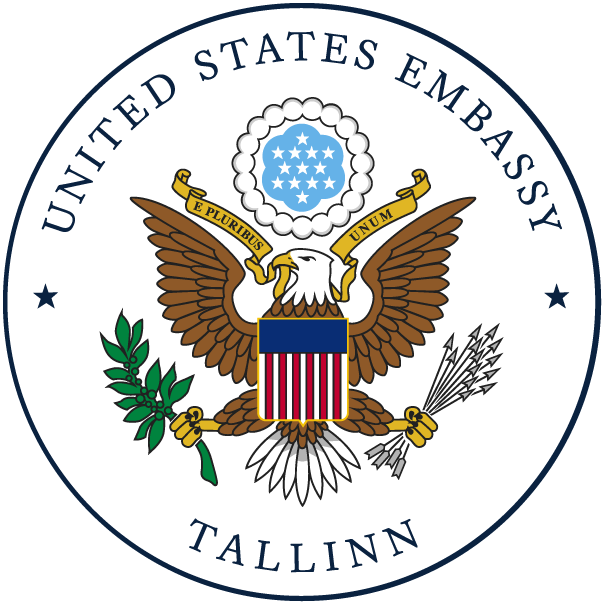
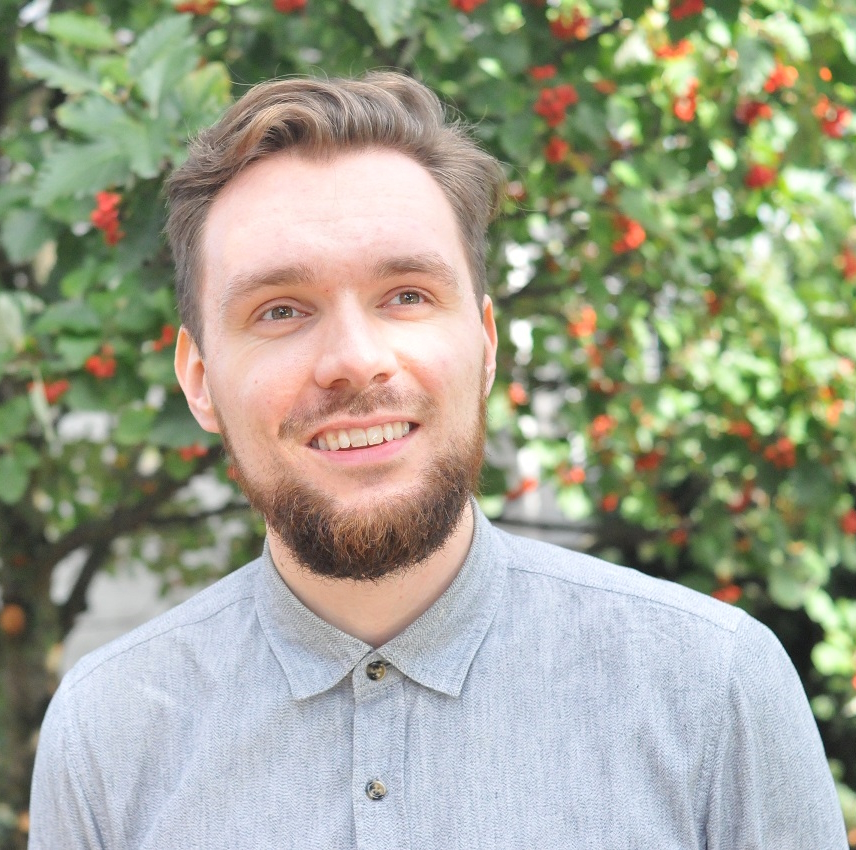 |
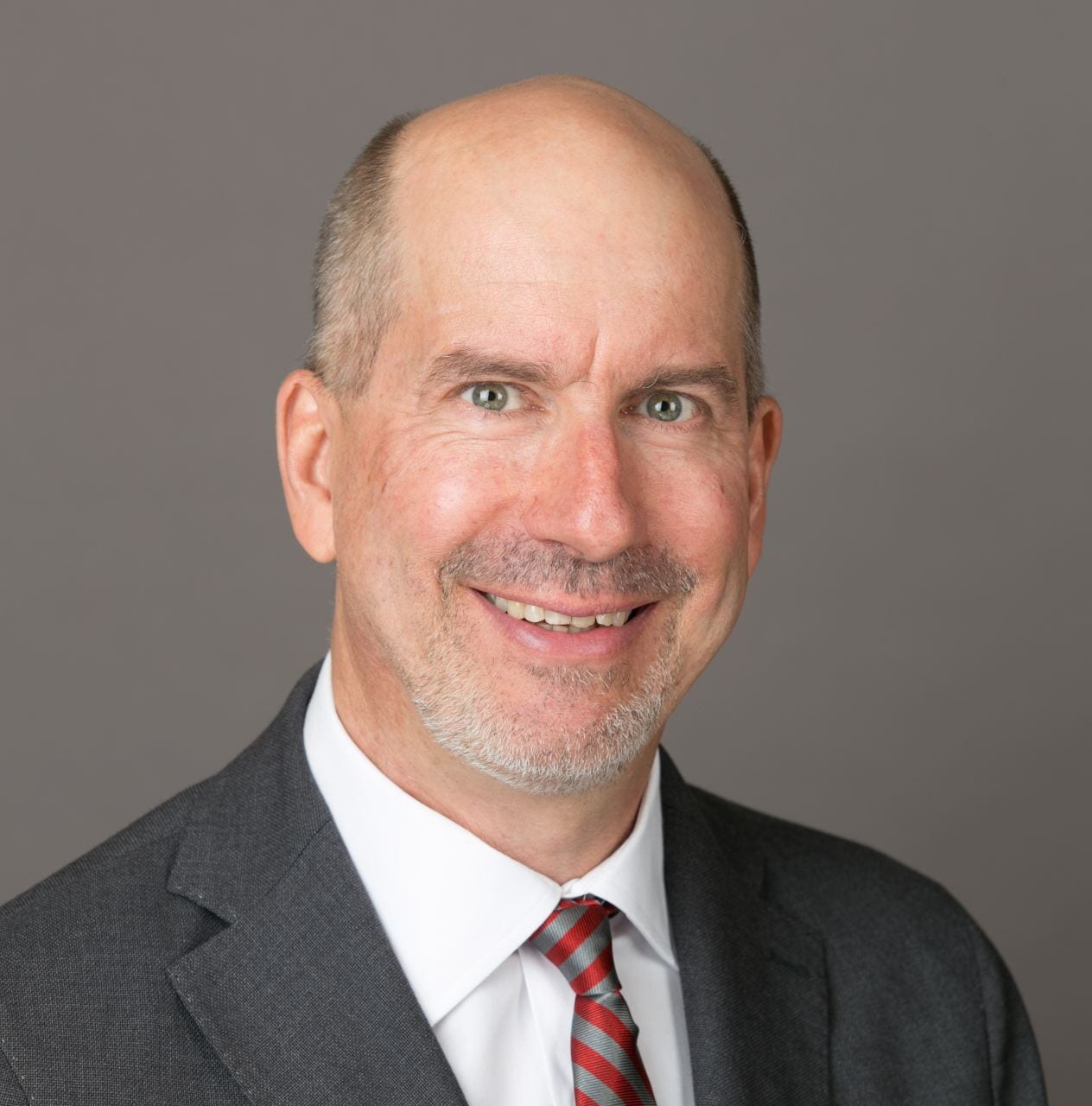 |
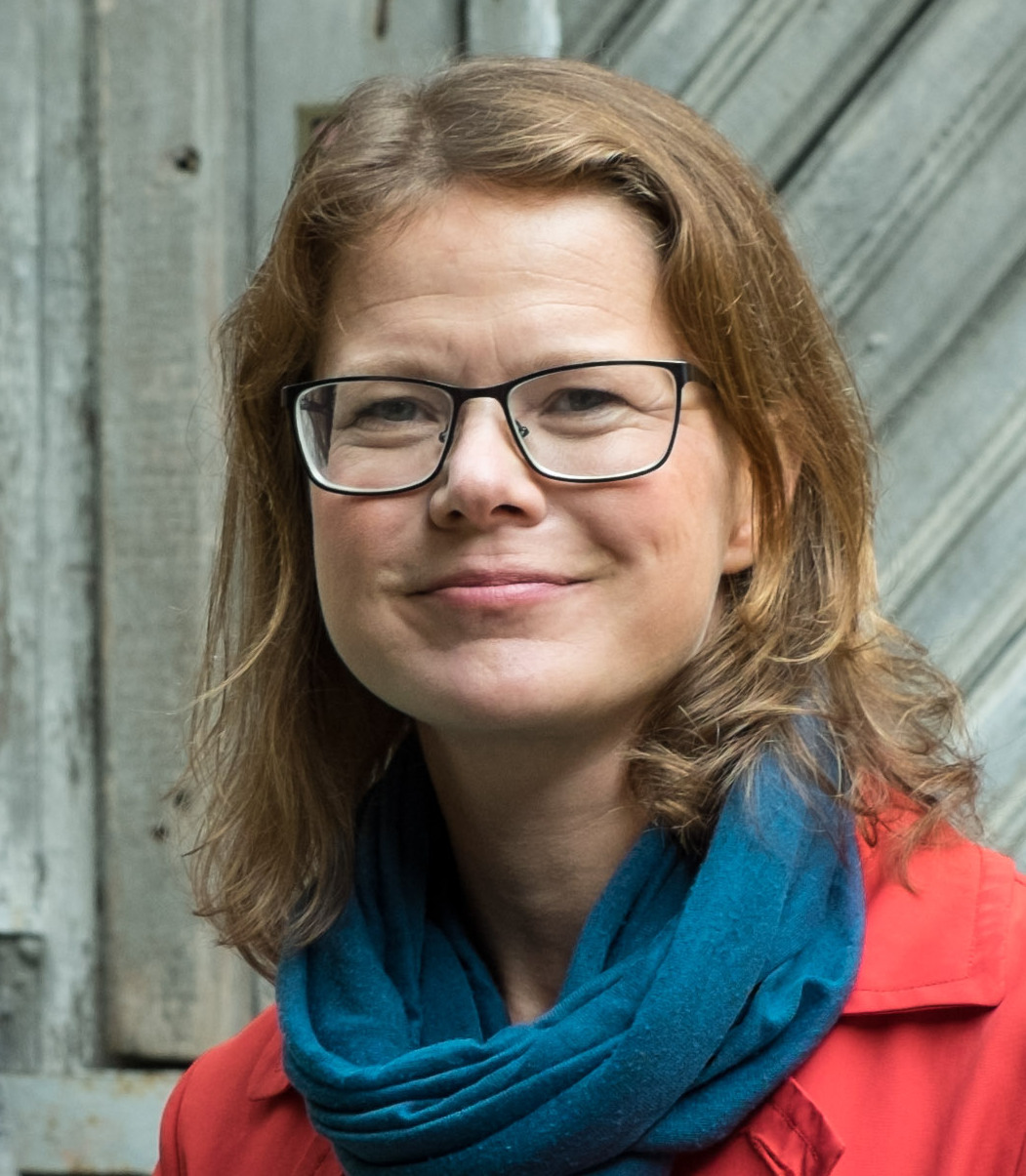 |
||
Elias WillbergUniversity of Helsinki April 13, 12:15–13:30 (UTC+03:00) Understanding the sustainability of cities with accessibility and mobility analysesElias Willberg is a Doctoral Researcher at the Digital Geography Lab, University of Helsinki, where his research focuses on people’s accessibility and mobility. His work develops geospatial methods to bridge environmental sustainability and social equity in accessibility research and explores ways to measure the goodness of mobility environments from the perspective of people. His work also explores the applicability of novel spatial data and tools for transport research, as well as their integration with more traditional data sources. In his lecture, he will address the questions of accessibility and mobility in urban sustainability studies. Spatial accessibility, meaning the potential of opportunities to interact with other people, activities, and places, is an important sustainability indicator, especially in urban areas. During the recent decades, measures of accessibility have become an everyday tool for urban and transport researchers and planners. This lecture introduces the idea of accessibility and presents its components and different measurement techniques. The lecture also presents recent advances in geographic accessibility research and modelling, including improvements in the comparability of different travel modes (e.g., car, public transport, cycling), improvements in the sensitivity of accessibility metrics to temporal, interpersonal and travel environment variation, and improvements in the ways in which travel costs underpinning accessibility metrics can be measured. |
Prof. Harvey MillerThe Ohio State University April 14, 13:00–14:00 (UTC+03:00) Why is sustainable mobility so hard?: Some observations on the paths forwardProf. Harvey Miller is the Director of the Center for Urban and Regional Analysis at the Department of Geography, Ohio State University. His research focuses on the intersection between geographic information science and transportation science. He is also interested in the social dimensions of transportation, and the implications of human mobility and accessibility for sustainable transportation, livable communities and public health. His main approach to questions of mobility, livability and sustainability is the development and application of GIS and spatial analysis techniques to extract information from fine-grained mobility and spatio-temporal data. He has received numerous awards, including the Edward L. Ullman Award from the Association of American Geographers (AAG), and has authored or co-authored more than 200 scientific publications. In his #USSpeakerProgram lecture, he will address the transition towards sustainable mobility. Mobility is central to urbanity, and urbanity is central to our common future as the world’s population crowds into urban areas. This is creating a global mobility crisis due to the unsustainability of our 20th-century transportation systems for a crowded and connected 21st-century world. We need to move beyond inflexible, unsustainable and brittle car-dominated mobility monocultures to flexible, sustainable and resilient mobility polycultures with a wide spectrum of integrated mobility options. This transition is hard because mobility is complex, a wicked problem and a fundamental social dilemma. In this talk, he will discuss how we can leverage the urban data revolution to resolve these challenges. In particular, he will discuss the role of next-generation urban observatory science that respects complexity, embraces uncertainty and conflicting values, facilitates urban experimentation and creates environments for collaboration and knowledge co-production. He will identify the major scientific challenges, merits and broader impacts of the observatory approach to transportation and urban science. |
Mari JüssiEstonian Transport Administration April 20, 12:15–13:30 (UTC+03:00) (The lecture will be held in Estonian.) Public transit – trends and operationsMari Jüssi is a mobility expert at the Transport Administration. She has studied environmental sciences at the University of Helsinki and advanced her expertise in the fields of environmental impact assessment and sustainable transportation planning. For more than 20 years, Jüssi contributed to a range of mobility, strategic planning and awareness-raising projects at the Stockholm Environment Institute Tallinn Centre. Jüssi is the initiator of the Eesti rattarikkaks! initiative, which facilitates cycling in Estonia. She is the co-author of the Tallinn Cycling Strategy, Sustainable Mobility Strategy of the Tallinn Urban Region, and the Estonian Public Transit Development Programme. In her lecture, Mari Jüssi will give an overview of the role of public transit in the general mobility system, and public transit-related trends in Estonia and beyond. She will talk about public transit types and their relations to land use, other modes of transport, and mobility services. She introduces the indicators, data sources., and planning tools which reflect the provision, quality, and use of public transit services. Also, Jüssi will address public transit operations in Estonia at the levels of national, regional and local planning, as well as related challenges. |
||
 |
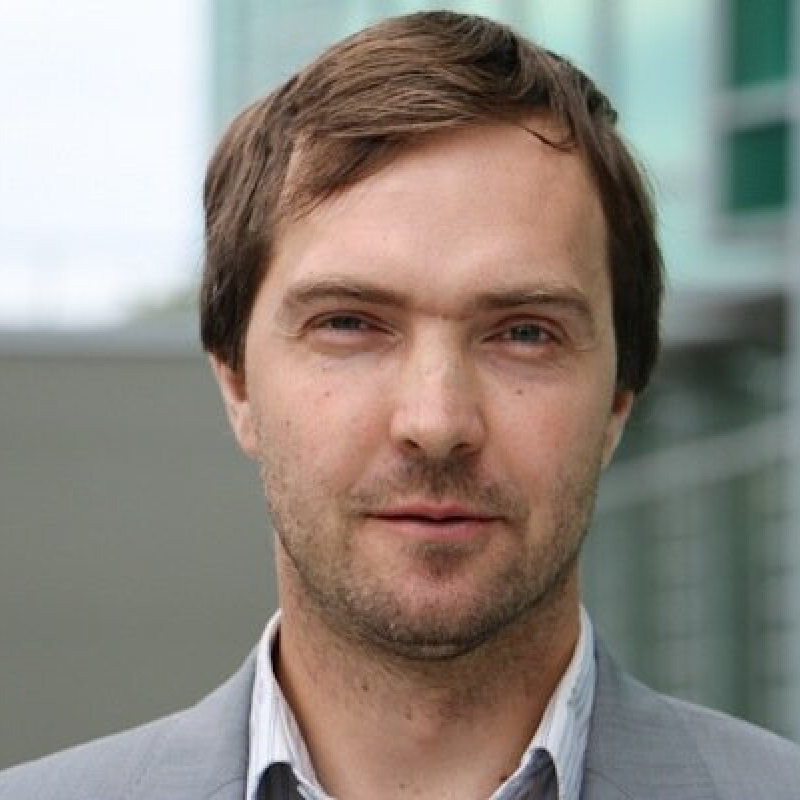 |
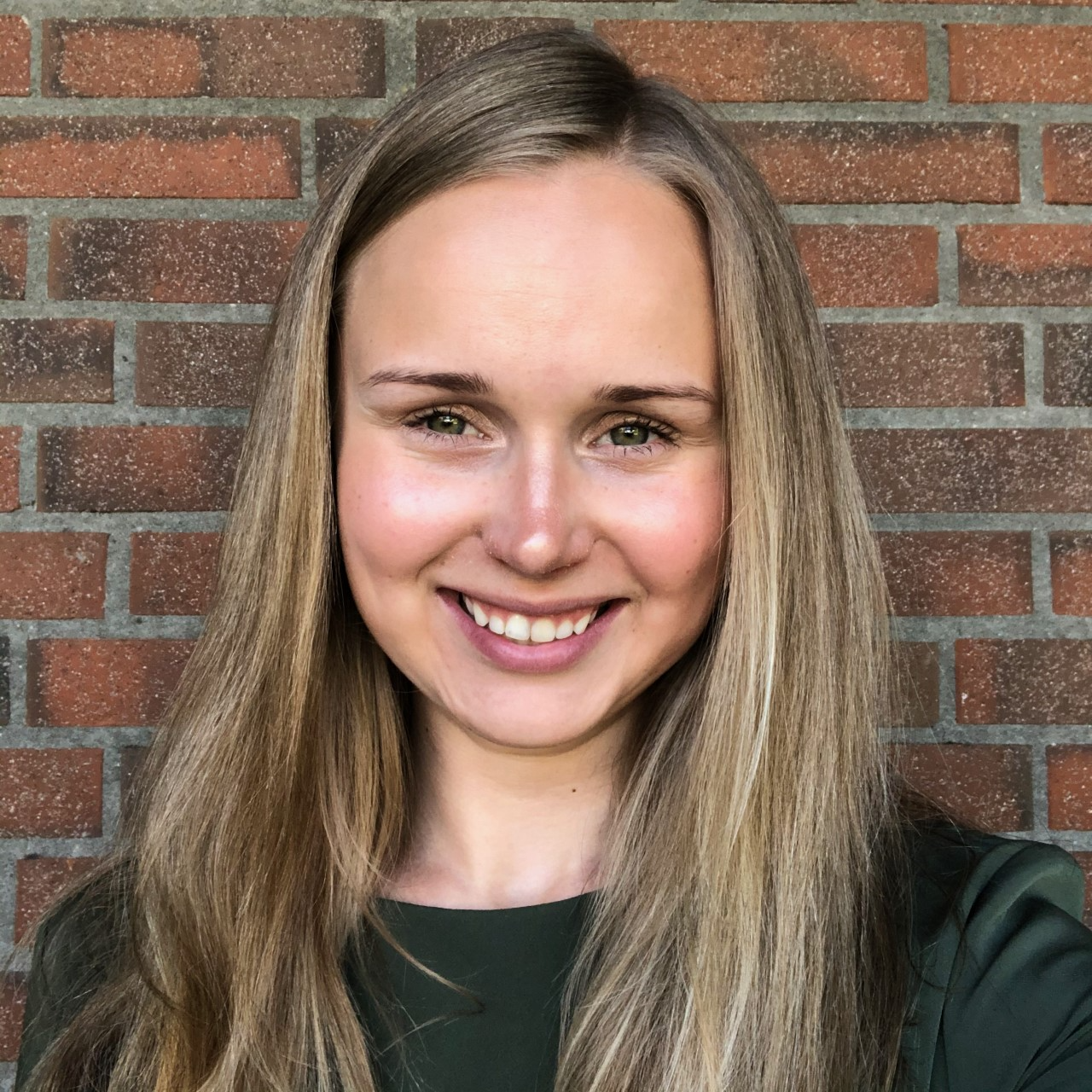 |
||
Assoc. Prof. Margit KellerUniversity of Tartu April 27, 12:15–13:30 (UTC+03:00) (The lecture will be held in Estonian.) A deep transition in reshaping Estonian mobility system: which changes are needed and possible?Margit Keller is an Associate Professor at the Institute of Social Communication at the University of Tartu, she is also responsible for the fulfilment of “Eesti energia-, transpordi- ja telekommunikatsioonisüsteemi ümberkujundamine Teise Suure Siirde lävel” group grant and the head of the Center of Sustainable Development at the University of Tartu. In her research, she focuses on changes in society, especially in the wider sense of sustainable development in everyday life. Margrit also teaches Masters’ degree students in courses related to social change. In her lecture, Prof. Keller will address mobility from the perspective of a socio-technical system locked in the car-oriented domain. The team led by Prof. Keller conducted a Delphi survey about sustainable mobility transitions in the Deep Transition project. In this survey, experts were asked to evaluate the importance and applicability of a range of measures, from snow clearance and bike lanes to protest campaigns, both from a short- and long-term perspective. The survey results guided the discussions about the leadership of societal transitions, whether technology, urban planning, or people’s mindset is the key element that can lead to sustainable mobility transitions. |
Prof. Hans OrruUniversity of Tartu May 4, 12:15–13:30 (UTC+03:00) (The lecture will be held in Estonian.) What are the health implications of mobility choices?Hans Orru is a Professor of Environmental Health and one of the leading scientists on that topic in Estonia. His main area of research is the environmental influence on health, focusing on temperature, noise and air pollution. Orru has been responsible for many European air pollution effect reports and has also contributed to the field of perceiving environmental health risks. In his lecture, Prof. Orru will discuss the health and environmental aspects of our mobility choices. Transport-induced air and noise pollution affects our health and willingness to use active travel modes, i.e. walking and cycling. However, active travel would reduce environmental pollution and increase the physical activity of people, which altogether would have a strong positive effect on public health. In the lecture, Prof. Orru will explore potential mobility choices’ health and environmental outcomes and discuss the pathways towards sustainable urban travel.
|
Õnne KaskHendrikson & Ko, Tallinn University, University of Groningen May 11, 12:15–13:30 (UTC+03:00) (The lecture will be held in Estonian.) The practices of compiling and applying mobility studies in Estonian spatial planningÕnne Kask is the mobility specialist at Hendrikson & Ko. She is also working on her doctoral dissertation both at the University of Tallinn (Estonia) and the University of Groningen (the Netherlands). Õnne has completed both her bachelor’s and master’s degree at the University of Groningen, where she studied spatial planning. After completing her studies, she worked as a junior researcher at the University of Groningen for two scientific projects on public transport and multimodal mobility in collaboration with local governments and transport planners. Õnne is currently an active member of the NGO Rattaga kooli [Bike to School]. In her lecture, Õnne Kask will address mobility surveys and applications in the context of spatial planning. The consultancy company Hendrikson & Ko has extensive experience in preparing both master and detail-level plans. Since 2016, they have conducted related mobility surveys at an increasing rate. While mobility surveys are not mandatory in Estonian planning practice, then stakeholders have recognized the importance of the issue from the perspectives of sustainable mobility options and inclusive accessibility. In her lecture, Kask will introduce the methodology and applications of mobility surveys in spatial planning and related practices in her company. |
||
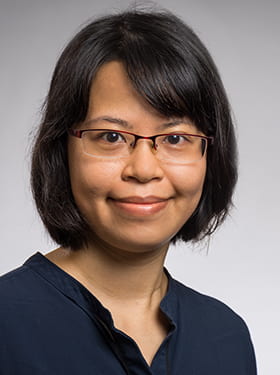 |
 |
|||
Assis. Prof. Huyen LeThe Ohio State University May 18, 12:15–13:30 (UTC+03:00) How do activity space and exposure to environmental risks affect well-being?Huyen T. K. Le is an Assistant Professor in the Department of Geography and a core faculty member in the Sustainability Institute at The Ohio State University. Her work focuses on three major themes: (1) sustainable urban transportation, (2) physical and mental health outcomes resulting from exposure during daily travel and activities, and (3) impacts of information and communications technology on transportation, energy efficiency, and other environmental outcomes. She is a member of TRELIS and Golden Compass, the two initiatives aiming to train and promote women scholars in geospatial sciences. In her lecture, Prof. Le addresses exposure to environmental hazards in our daily activity space. Previous studies have shown the potential impacts of environmental exposure on subjective well-being, however, the inter-relationship between subjective well-being, activity space, and environmental exposure is understudied, especially in the North American context. We aim to address these gaps by using smartphone survey data from three U.S. metropolitan areas to quantify the impacts of activity space and exposure to nature and air pollution on momentary mood and overall subjective well-being. Our results show that the activity space size and exposure to green and blue space positively correlate with positive short-term subjective well-being but not long-term subjective well-being. Active travellers (e.g., cyclists and pedestrians) were more likely to experience positive effects after travel. Exposure to NO2 also negatively affected well-being. |
Dr. Karl SaidlaUniversity of Tartu May 19, 12:15–13:30 (UTC+03:00) Active transportation policy – what, why, how?Karl Saidla is a postdoctoral researcher with the University of Tartu’s Mobility Lab, where his research compares the bike share systems of Tartu and Helsinki from the perspective of public policy. Overall, his research explores what governmental approaches are most likely to help sustain and grow active transportation rates. He has a particular interest in Nordic cases, given their comparability with his home country’s (i.e., Canada’s) context. His PhD thesis compared the promotion of walking, cycling, and public transit use in Ottawa, Canada, and Helsinki. In his lecture, Dr. Saidla will address the topic of active transportation from multiple, overlapping perspectives. It discusses the advantages of active transportation from health, environmental, social, and economic angles and then reviews related policy approaches. Finally, the lecture explores the strong importance of political context and potential advocacy strategies. |
|||
